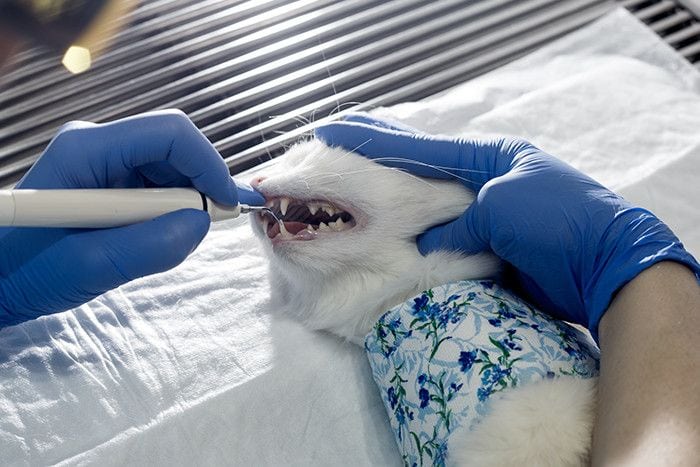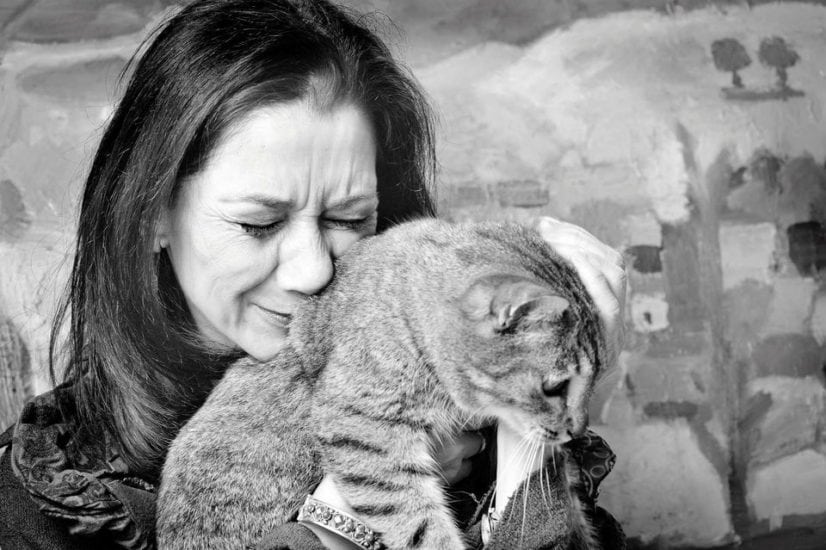
How to Help Your Cat Live a Longer & Healthier Life
If you’re a cat owner, especially a new cat owner, it’s natural to ask questions about ageing and your feline. Just how long do cats live?
Cats are living longer than ever before, thanks to the advances in medicine and nutrition. It’s very usual today to see a cat live well into its 20s.
We who love cats want them to live as long as possible since we love them just like they are our kids. Although genetics may have an effect on how cats age, there are many things we can do to prolong our cats' life potential, starting when they first come under our house.
Above all, we assume the responsibility of giving the cat the best care possible from the first day of adoption.
To help your cat live a longer, healthier and happier life, we suggest to start doing these following things today:
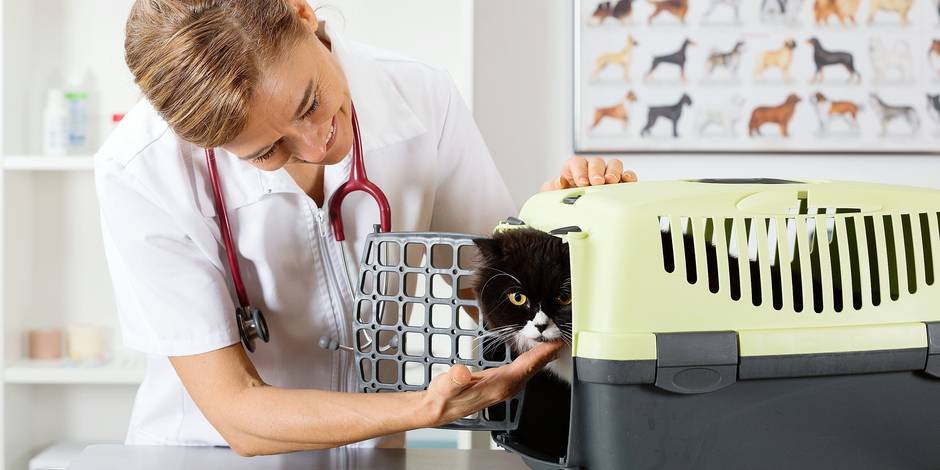
Take Your Cat to the Vet
All cats require regular veterinary visits, but older cats need more extensive exams. Even the most observant cat owner may be unable to spot the early signs of illness, because cats are masters of disguise when it comes to illness. However, your veterinarian is trained to look for these signs.
Your senior cat's visits should include a wellness overview, hands on physical examination, diagnostic tests and in some cases faecal examinations. These regular wellness exams and routine lab tests can help veterinarians find and treat many life-threatening health conditions before they become a problem.
Take your time to look around until you find a veterinarian that your cat love. Having a good relationship with the doctor makes it easier for him to treat your cat. With a phone diagnosis the veterinarian will tell if a strange new behavior involves quick medical care, while looking at her medical history and baseline temperament.

Balanced Diet To Suit Your Cat's Age
To help your cat live her best life, she needs a high-quality protein, that her body is engeneered to digest very rapidly. Cats are natural carnivores who need plenty of meat in their diet and they should never be fed a vegetarian diet. They also need the right balance of amino acids and vitamins for healthy organs and a thick, shiny coat.
Your cat’s dietary needs change as it reaches each life stage, either because its body is absorbing nutrients in a different way, or it is doing more or less exercise. It may also become more vulnerable to age-related health conditions, such as diabetes and arthritis. So it’s very important to choose the right cat food for your feline’s life stage.
If you have more than one cat, feed them separately and monitor each one’s consumption. Food avoidance could be a sign of dental pain or a medical condition. Do not allow free-feeding, it leads to weight gain and makes it less likely that you will notice problems right away.

Maintain a Healthy Weight Range
An overweight cat is an unhealthy cat, the extra pounds can lead to a host of health conditions leaving our ful-ball friends with more complications. These complications include breathing problems, diabetes, skin problems, joint aggravation, decreased immune function, and a shortened life span.
To maintain a healthy weight range, you should feed your cat as your veterinarian recommend whithout forgetting a daily exercise and playtime routine. Once a month, evaluate your cat’s weight and call your veterinarian if you notice any dramatic gains or losses.
Maintaining a healthy diet and increased activity level will keep your cat purring for years to come. Best of all, keeping your cat happy and healthy is a fun way to spend more time with your her.
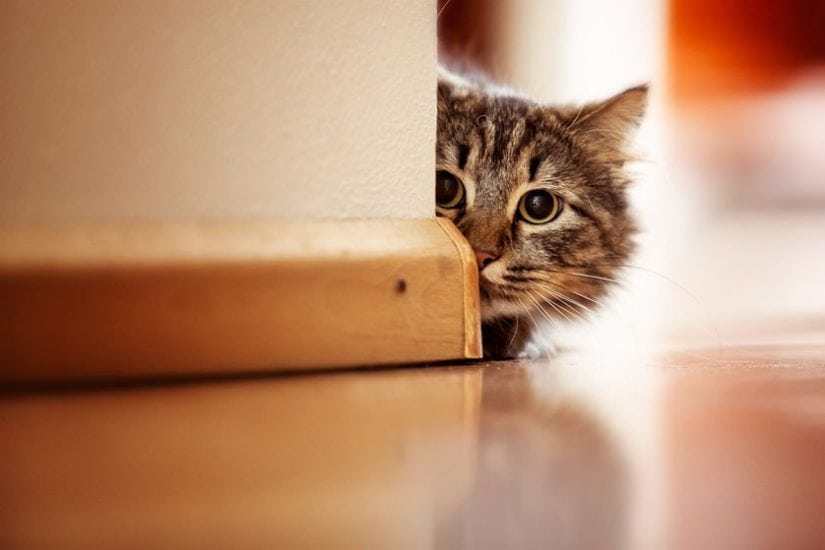
Keeping Your Cat Indoors
The number one danger to your cats when they go outside is other animals. You never know when your cat will encounter a stray or strange cat from down the street.
You know that your cat is properly vaccinated, but you do not know that health condition of other animals outside. In addition, if your cat gets into a fight with another animal she can be seriously injured or harmed. Unless you supervise your cat at all times when she is outside, you never know when she will encounter a strange animal.
Other dangers of allowing your cat to live outside are cars and other people. A cat darting across the street late at night is a recipe for disaster. When your cat stays indoors, you can also help control fleas, ticks, and the exposure to heartworms.

Provide a Stress Free Environment
In addition to helping her stay svelte, exercise and play can also prevent stress, resulting in happier and healthier cats. Indoor kitties definitely live longer, but they need to be able to perform typical cat behaviors, like hunting, pouncing and interacting.
In nature, cats stalk, chase, and may even kill small mammals and birds. The slaughtering aspect of this behavior is not appealing to many of us, but is nonetheless natural. Even the thrill of an unsuccessful chase is enough to exercise a cat's mind and provide her with gainful distraction.
Other natural cat behaviors include climbing and scratching. You can help your cats explore their natural instincts inside by giving them plenty of places to run and play inside your home. Buy your cat a good scratching post with a high perch and install a window seat so they can gaze at the birds outdoors.
Giving your cat a warm, safe, stress-free environment, will extend their lifespan, and help them to be healthy enough to enjoy the geriatric years.
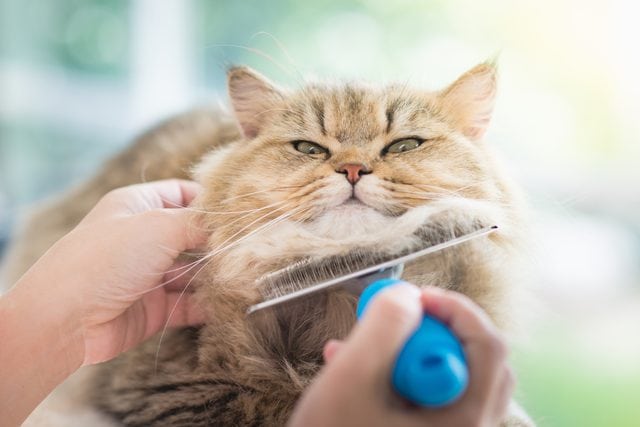
Groom Your Cat Regularly
Grooming your cat on a regular basis will remove any loose fur that could end up in the cat’s digestive system, causing constipation, fur balls, and discomfort that can also result in your cat throwing up on a regular basis.
In addition to removing the loose fur, grooming can also get rid of any fleas that might be on your cat.
While there are good flea formulations on the market, this regular grooming helps keep your cat in better condition and it also allows you to check if there are any other problems that might need attending to, particularly with tomcats as they get into fights with other cats that can lead to sores and infection.
Call your vet if you notice any new lumps, bumps, or sore spots, as they could be a sign of any number of painful and potentially serious medical conditions.
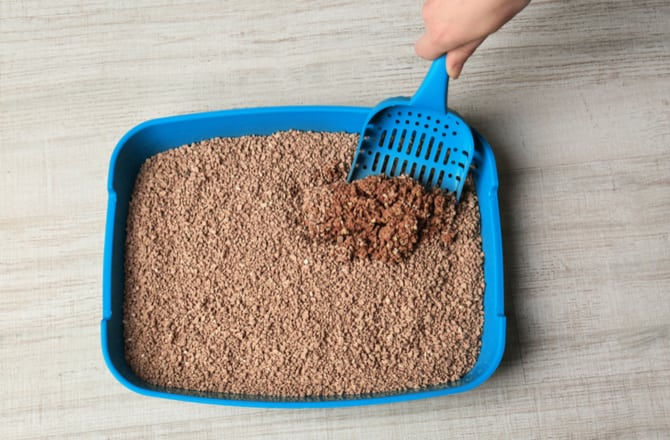
Clean the Litter Box Every Day
Another part of your daily cat care ritual should be mindfully cleaning the litter pan. When your cat is refusing to use the litter box, this might be related to her health issues. If you have tried all the above tips and nothing seems to be working, then it is time to visit your veterinarian.
Cats that have bladder problems, urinary tract infections, kidney failure and diabetes are more prone to litter box accidents than healthy cats. You need to take your cat to the vet and have a thorough health exam performed to find out if your cat is suffering around an ailment. If this is the case, your veterinarian can prescribe medication to help your cat.
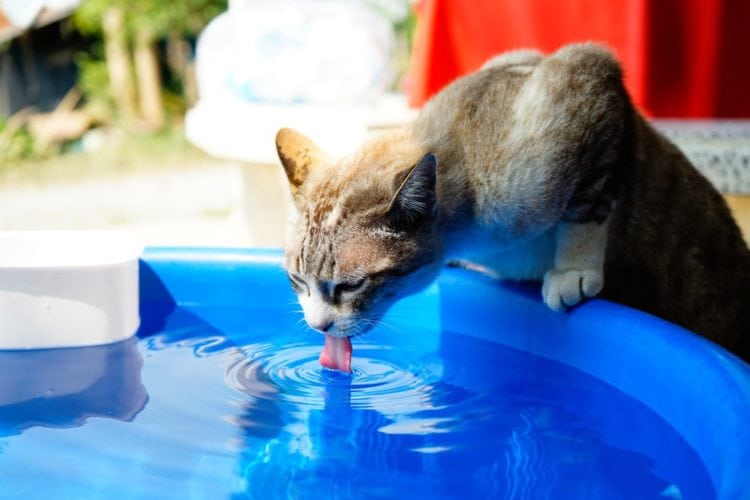
Keep Your Cat Hydrated
When it comes to drinking water, cats are typically very particular. Some won't drink out of a water bowl if it's near their food bowl. Others prefer a fountain or even the kitchen sink. Some picky kitties won't sip from plastic or metal containers. Some of these preferences harken back to their ancestors and survival instincts. But in some cases it's just cats being ... ,cats.
Cats are very sensitive to taste. Be sure to refill your cat's bowl every day with fresh water or it will taste stale to your cat, and don't forget to clean your pet's bowl once a day with gentle soap and water, rinsing thoroughly. Soap residue can taste bad and even burn your cat's tongue.
Canned food also helps hydrate your kitty. Cats fed canned food also have a lower risk of illnesses such as hyperthyroidism, diabetes, constipation and obesity.
Don't Skip Dental Care
Dental disease is a reality for most cats. By age four, many cats have significant gums inflammation and many also have periodontal illness. It is a slow progressing but serious illness that causes pain and affects the overall health and wellbeing.
Cats will not show signs of oral nuisance. Because the pain associated with dental problems comes on slowly over time, they simply learn to live with it. That is why it is important that all cats see a veterinarian every six months to assess their oral health.
There are several ways to ensure proper cat dental care. Your feline friend needs a good nutrition, as it's the foundation for good dental health. It's also recommended to establish a cat teeth cleaning routine when your cat is still young.
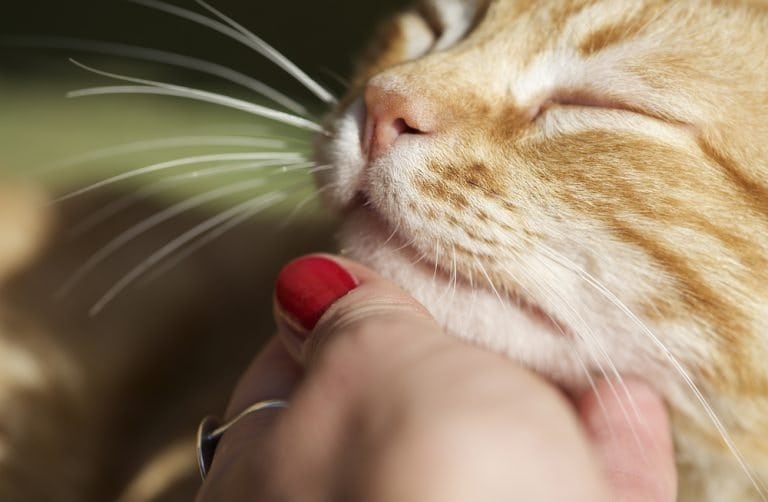
Observe Symptoms and signs
As the old proverb runs, "an ounce of prevention is worth a pound of cure". Your role, as a cat owner, is essential in noticing any small changes to your cat's behaviour or general well being. You can do this by performing a weekly mini-physical examination yourself, if you are unsure about how to do this, ask your vet next time your cat visits.
Call your vet if your cat exhibits excessive vomiting, which could be a sign of bowel issues, kidney problems, pancreatitis, or a host of other problems. Coughing can be caused by a variety of conditions, including foreign bodies, hairballs, allergies, asthma, tumors, heart disease, lung disease or several contagious illnesses. And peeing outside the litter box, or inability to urinate, could indicate urinary tract problems or painful bladder issues that could lead to blockage, and become a life-threatening emergency.
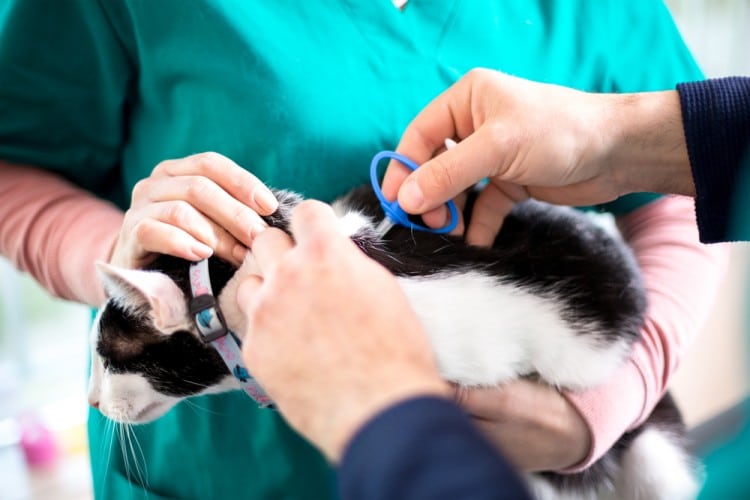
Microchip Your Cat
Sometimes, no matter how hard we try to keep them indoors, cats may find their way out of the house. A door or window may be accidentally left open, or a cat may dart past your legs as you walk in.
When you consider the fact that many animal shelters only keep dogs and cats for seven days, you want to make sure that your cat is properly identified.
That is where the microchip comes in handy. The microchip is the newest way to identify lost pets and helps ensure that your lost feline finds her way back home.
Unfortunately, there’s no magic pill, potion or feline fountain of youth, but following these simple tips will give your kitty the best chance at a long, healthy life. In addition, cats can provide vital love and affection when no one else will, so it's our responsibility to return this affection in full measure. Even if lots of love won't increase your cat's lifespan it will surely make the time you share more enjoyable.
MORE ARTICLES
© My Awesome Cat

